Tuesday, June 6 / 7:30 p.m. / Church of St. Barbara
MOZART vs. SHOSTAKOVICH
Wolfgang Amadeus Mozart: Quintet for Clarinet, Two Violins, Viola and Cello, K 581
Irvin Venyš – clarinet, Helena Jiříkovská, Milan Pala – violin, Vladimír Bukač – viola, Jiří Bárta – violoncello
Interval
Dmitri Shostakovich: Quintet for Two Violins, Viola, Cello and Piano in G minor, Op. 57
Milan Pala, Helena Jiříkovská – violnis, Vladimír Bukač – viola, Jiří Bárta – violoncello, Konstantin Lifschitz – piano
About programme
Like all works from the mature period of Wolfgang Amadeus Mozart (1756-1791) featuring clarinet, the Quintet in A major, too, was composed with Mozart’s mind on his friend and inspiring interpreter, member of the emperor’s Harmonie orchestra, Anton Stadler. Actually, Stadler then played the basset horn, an instrument closer to today’s A clarinet, whose range is somewhat deeper and tone colour darker than those of the standard E flat clarinet. While this quintet’s lyrical and songlike character bears affinity with Mozart’s clarinet concerto, it sacrifices the latter’s concertante qualities for the sake of the unpretentious beauty of the quintet’s chamber format.
Similarly, the quintet of Dmitri Shostakovich was likewise written for a specific interpreter – in this case it was the Beethoven Quartet, an ensemble made up of players from the Moscow Conservatory which had premiered Shostakovich’s String Quartet No. 1. With a view to assigning a place for himself as a pianist in this new work, he decided to write a piano quintet. The work premiered in 1940, and it became an instant sensation. The reason for this is quite obvious, as it sends forth a readily accessible message combining a sense of urgent tension with immaculate voice leading, virtuosity, titillating rhythms and moderate dissonances, all of that harking back to Baroque compositional principles: the second movement is in the form of a fugue, an element anticipating the composer’s series of 24 preludes and fugues (featured in this festival’s seventh concert), while in its turn the intermezzo relates to the form of passacaglia.
This composition won Shostakovich Stalin’s Music Prize – a striking irony fora composer whose opera Lady Macbeth of Mtsensk had earned him five years earlier official admonition and fall into disfavour with Generalissimo Stalin.
Text: Dita Hradecká